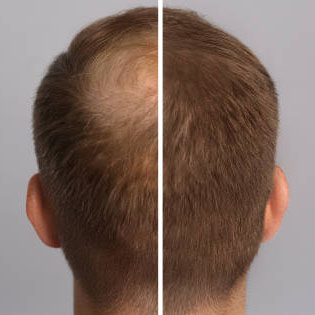
Maximising Hair Growth After A Hair Transplant: A Complete Guide
Maximising Hair Growth After A Hair Transplant:
A Complete Guide
Maximise hair growth post-transplant with our complete guide. Proven tips to boost results & ensure lasting, healthy hair.
We know how losing our hair can affect our composure and self-confidence. The need for hair transplantation is increasing since having a thick, healthy mane on one’s head has long been seen as a sign of vigour and life. Proper post-transplant care is crucial for achieving the finest results from a hair transplant. With the right aftercare, hair growth in the months after surgery and a smooth healing process are possible.
Diet and Nutrition
well-balanced diet guarantees that your hair gets the right quantity of essential vitamins
The right surgeon
Selecting a qualified surgeon, is a crucial precondition for receiving a hair transplant.
Post-transplant car
Stressing post-operative care ensures appropriate scalp healing and excellent results.
it is crucial to have the operation done and the desired, natural-looking hair quality following a transplant. The hair transplant care phase is crucial since it is at this time that the promised restored hair truly transforms into regrown hair.
This article offers crucial aftercare advice on managing hair transplant recovery to maximise hair growth.
But first, let us understand the basics of a hair transplant.
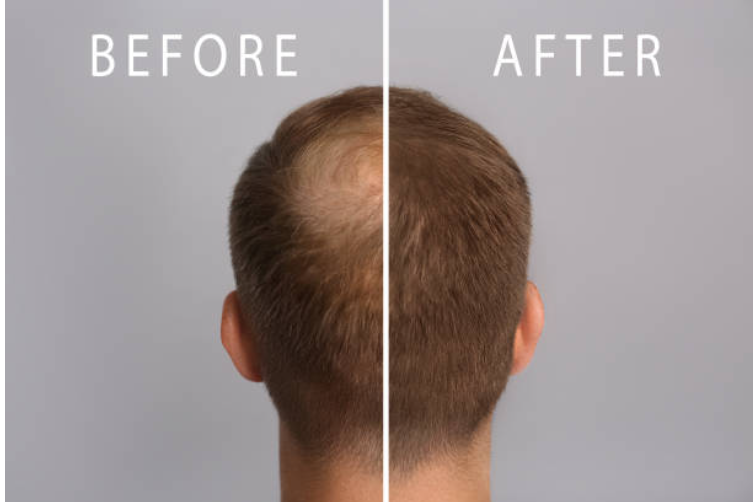
What are the Basics of Hair Transplant?

Following hair transplant surgery, the technique consists of various stages that must be closely monitored for best results. During the first several days, you will typically be in acute recovery. During this time, you must strictly follow your surgeon’s orders. It is critical to handle these new hair grafts cautiously. Also, keep the donor and recipient areas clean to avoid irritating the grafts.
.Also, the donor and recipient areas should be clean as you avoid any movement that can irritate the grafts. Following the grafted hair follicles’ initiation of rooting in their new surroundings, a protracted healing period may ensue, lasting several months. Proper care is crucial during this time because it will impact the grafts’ survival and future growth. So, why must a hair transplant patient understand the importance of maximising his/her hair growth?
Why Should One Maximise Hair Growth Result
A hair transplant can address various causes of hair loss, including pattern baldness, cosmetic surgery, and scalp injuries. It offers permanent, natural-looking results. However, post-treatment care is crucial for optimal outcomes. Following an anti-infection regimen and maintaining a healthy diet can significantly enhance the results of your hair transplant.
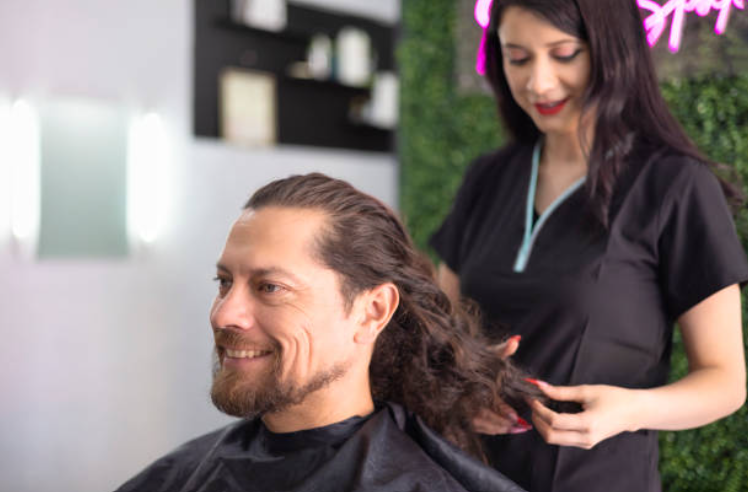
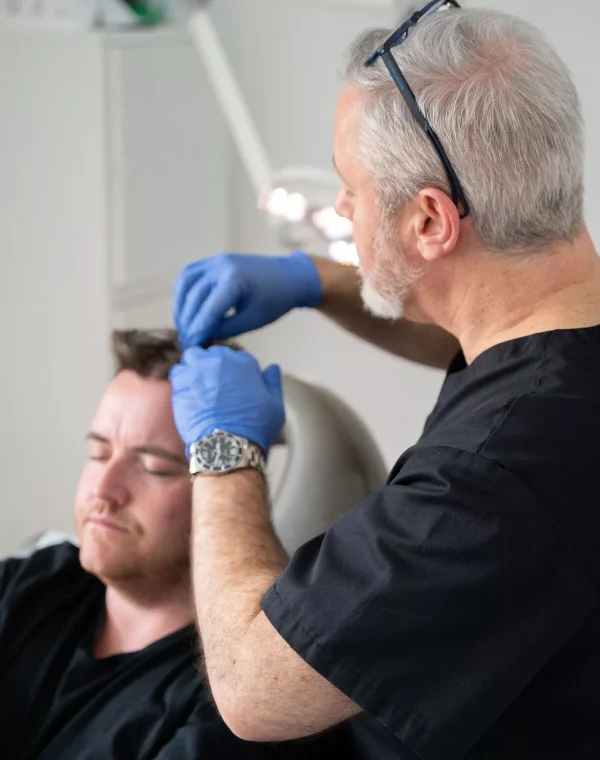

How to Maximise Hair Growth Results After a Hair Transplant
Although getting a hair transplant is the first step in hair restoration, you must consider the following to ensure that the investment will be well worth your time and money.
These hair transplant recovery tips are meant for maximising your hair growth come in different ways, which include:
Choosing the right surgeon for the hair transplant surgery
Pre-transplant preparations
Diet and Nutrition
Regular check-ups and follow-ups
Follow post-transplant care instructions
The following medication and prescription
Follow scalp hygiene and care
Stress Management
Let’s explore the details of each strategy for maximising hair growth after hair surgery.
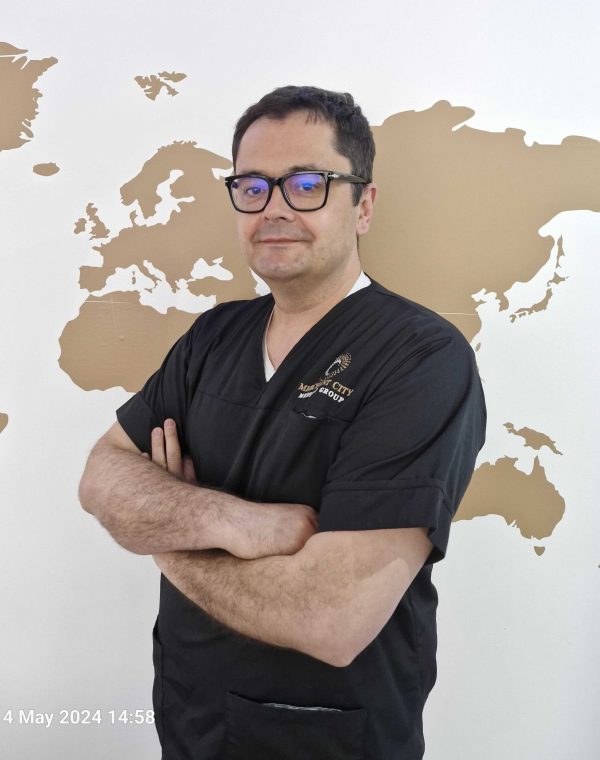
Choosing the Right Surgeon
Dr. Petru Domocos from Merchant City
Who wouldn’t choose a qualified surgeon for a hair transplant?
Selecting the correct surgeon, like Dr. Petru Domocos , is a crucial precondition for receiving a hair transplant. Hair transplants require a certain level of training; therefore, a person skilled in selecting the best transplant technique and utilising the right instruments is required.
The procedure can also be conducted with other hair transplant tactics, such as follicular unit transplantation (FUT) and the popular follicular unit extraction (FUE). Each technique has unique characteristics that make it effective depending on the patient’s desired outcome.
An experienced surgeon will use the proper methods and techniques and have the skills and knowledge necessary to provide long-lasting and natural results, from ensuring that the transplant is placed precisely to extracting donor hair. Before selecting a surgeon, make sure you do your homework.
Pre-Transplant Preparation
To ensure the best possible outcomes following hair transplant surgery, you must emphasise the post-care regimen and the lifestyle decisions and practices you make before the treatment.
Preliminary research is necessary to determine whether there are enough high-quality grafts in the donor area to cover the recipient area. Controlling the number of follicles needed per graft and considering their thickness is crucial when making this diagnosis.
A preoperative visit to determine what foods and behaviors should be avoided before surgery can also be very beneficial. During such a session, patients can also voice their worries and determine which areas should be prioritised, allowing them to set realistic expectations for the surgery.
Mind Much About Diet and Nutrition After Hair Transplant
What is the required diet for hair growth? Consuming a nutritious, well-balanced diet guarantees that your hair gets the right quantity of essential vitamins and helps to encourage hair growth following hair transplantation. Proper food gives your body the necessary elements, enabling hair follicles to thrive and produce healthy, growing hair.
Protein-rich foods like lean meat, fish, eggs, and lentils should always be a part of your diet. Your body needs keratin, a protein in carrots, onions, and garlic, to form your hair strands. Include some vitamin A and C-rich fruits and vegetables, which are vital for the health of the scalp and for encouraging hair development.
Omega-3 fatty acids, which can improve your hair elasticity and support a healthy scalp, are found in walnuts, flaxseeds, and fish. Additionally, these are essential for the growth of healthy hair. Iron-rich foods like lentils and spinach are excellent constituents of a balanced diet. This is because an iron deficiency is frequently the cause of hair loss.
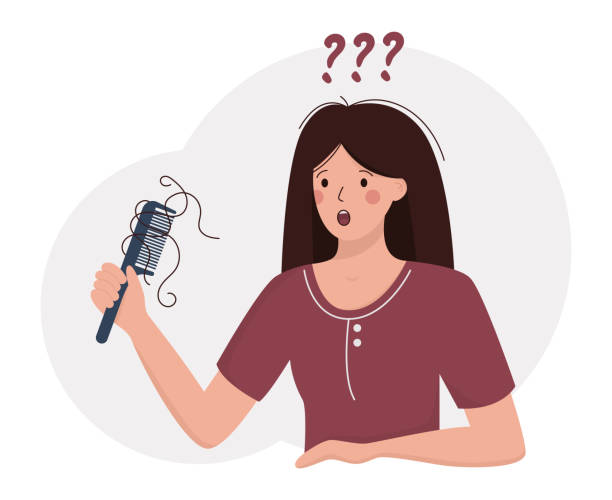
Hydrations to Promote Healthy Hair
A moist scalp plays a major role in healthy hair. Proper hydration will protect your hair from outside contaminants that might cause it to become dry, brittle, or lifeless, which could prevent the volume you want to achieve following surgery.
Consume eight glasses of water or more each day to keep your scalp hydrated. Adequate hydration delivers nutrients to hair follicles, aiding the body’s natural process of promoting and enhancing hair growth. It also helps maintain hair shafts’ flexibility. Maintaining the plumpness and vibrancy of newly transplanted hair requires drinking adequate water.

Regular Check-Ups and Follow-Ups After Hair Surgery
Maintain regular communication with your surgeon regarding your post-operative visits to achieve the greatest outcome for yourself. These consultations are extremely important for ensuring a successful transplant recovery and prompt resolution of any concerns or enquiries.
Your surgeon will assess the success of your hair transplant at these follow-up visits to ensure that it is healing properly and that new hair is growing. Depending on your unique hair care routine, they might have to adjust your care plan and offer you post-transplant advice.
Regular follow-up lets you see your progress and ensures everything proceeds according to plan. You get the opportunity to ask questions regarding anything on your mind, such as how much hair loss is expected or what medications or supplements might be helpful. Building a strong rapport with your surgeon at this time is essential to maximising the benefits of your hair transplant.
Avoid Direct Sun Exposure
Protecting your scalp from strong sunlight during the first several months following transplantation is crucial. Sunburns from extended sun exposure might harm grafts and take longer to recover than anticipated.
Apply sunscreen with an SPF of 50 or higher whenever you can, and wear a hat to protect your head. Additionally, it guards against UV radiation damage to your grafts, maintaining their integrity and giving you the greatest possible hair transplant result.

Follow Scalp Hygiene and Care
Maintaining a mild hair care regimen is the best way to care for your newly restyled hair properly. Avoid chemicals and harsh treatments that could hinder the growth of your hair strands because hair is often brittle after a transplant. It is preferable to use shampoos and conditioners without sulphate since sulphate depletes the hair’s natural oils, leaving it extremely dry. Look for products designed specifically for transplant hair care, as these tend to be gentle on the scalp and grafts and encourage hair development.
Use tepid water instead of a warm shower to wash and clean your hair because hot water can cause it to become overly dry. Use fingertips to massage the scalp gently; do not rub too hard. To dry your hair and minimise friction, pat it dry without vigorously rubbing it. Follow simple hair care instructions to protect the transplanted hair. Doing so may ensure that the transplanted strands continue to grow in the right direction.
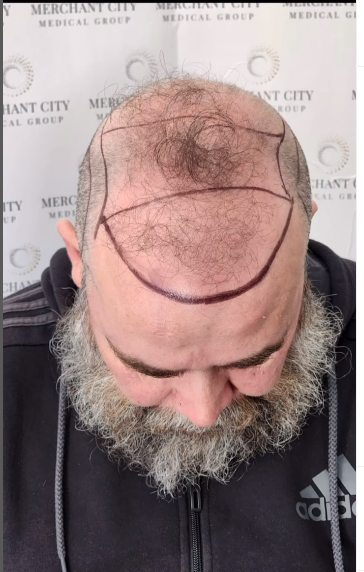
Follow Post-Transplant Care Instructions
Stressing post-operative care ensures appropriate scalp healing and excellent procedure results. Follow the physician’s directions after the procedure to guarantee the transplanted hair grafts grow as well as they can.
Adhere to the hair care regimen your surgeon has advised, and take your prescription drugs as directed.
It is also frequently advised to gently wash the hair with a moderate shampoo without dangerous ingredients. It is best to avoid using too much heat when styling because it can harm the hair. Additionally, you need to follow any additional advice your surgeon gives you to prevent damaging effects on your hair and encourage hair development. It is best to gently manage your hair during the operation to protect it from harsh chemicals and procedures.
Medication and Prescription
Promoting good hair regeneration following a transplant frequently depends on medications, vitamins, and nutritional supplements.
Finasteride and minoxidil are medications frequently used to prevent further occurence of hair loss and promote new hair growth. They also help maintain the health of natural hair and facilitate the transition of freshly planted hair.
Supplements like biotin, vitamins (like D and E), minerals (for example, zinc and iron), and vitamins are also beneficial. They supply vital chemical elements to the hair follicles, promoting the best possible hair health.
Your doctor may prescribe drugs and supplements following FUT or FUE hair transplant surgery, which could significantly affect your hair’s long-term health and success.
Manage Your Stress After a Hair Transplant
Extended bouts of stress cause hair loss and postpone the time it takes for hair transplants to regenerate. Incorporate stress-reduction practices into your everyday routine, like:
- Meditation & Mindfulness: Mindfulness meditation can help you relax. Practice it for a few minutes each day.
- Exercise: Regular physical exercise raises endorphin levels, which enhance mood and blood flow to the scalp, promoting hair growth.
Remember that obsessing over the recuperation period for hair transplants will prolong the procedure.

Have Enough Sleep After a Hair Transplant.
Sleep is one such process during which the body begins healing and producing new tissues. Seven to nine hours of excellent sleep each day may give hair and the rest of the body a chance to regenerate. Sleep will also help in post-operation recovery.
Key Post-Operative Instructions After Hair Transplant
Which post-operative guidelines should a hair transplant patient follow?
- Avoid Rubbing or Touching the Transplanted Area: The grafts require time to settle, and any unneeded touch may cause them to come loose and hinder their ability to root. Even premature brushing or combing might harm your hair.
- Use Gentle Shampoo and Wash Your Scalp. Your surgeon will suggest a shampoo to maintain a clean scalp without irritating the grafts. After using lukewarm water, carefully pat the area dry. Don’t put the transplanted area under direct water pressure.
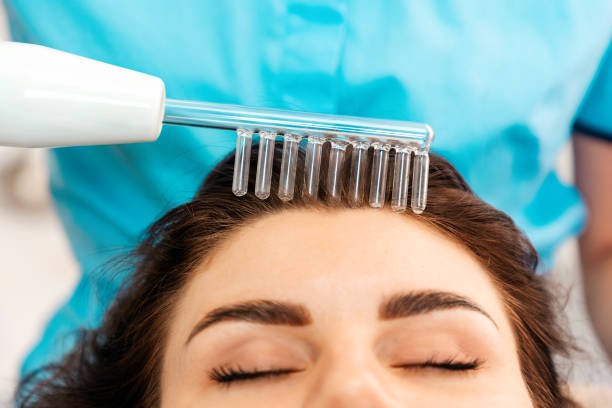
- Antibiotics to Prevent Infections and Reduce Swelling: Your surgeon may recommend anti-inflammatory drugs to reduce swelling and antibiotics to prevent infections. Moreover, painkillers could be suggested to treat discomfort.
- Sleep With Your Head Elevated: During the first few nights following surgery, sleeping semi-upright helps minimise oedema and protects the transplanted area from unintentional contact.
- Avoid Sun Exposure: As mentioned earlier, direct sunlight may harm the healing scalp, raising the possibility of scarring or graft damage. To protect the area, wear a loose-fitting hat if you must be outside.
Take Away Point
To effectively maximise the outcomes of your hair transplant operation, it is crucial to emphasise the above recommendations and methods, from utilising the best hair care products to adhering to a proper diet. These will assist you in reaching your goals and provide a natural appearance to accompany your hair restoration.
With the correct strategy, you may always enhance the effects of your hair transplant by choosing the best post-operative care methods, like the ones listed above.
At Merchant City Medical Group, we have a dedicated group of experts who are ready for you. Whichever hair transplant method (FUE or FUT) you choose, we are ready for you and will guide you through your post-operation care till you optimise your hair growth after the transplant. Contact us and book your free consultation today.

